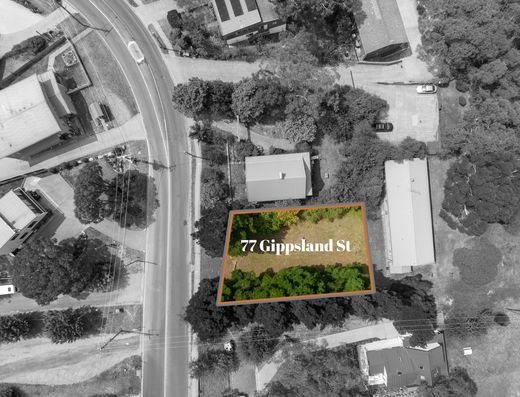The recent changes to tenancy laws in New South Wales - What you should know
- 30 October, 2024
- Posted By: Joan Bird
Recent NSW Tenancy Reforms: Significant changes!
The recently passed changes to the NSW Residential Tenancies Act have introduced some of the most sweeping changes in years. The well-known media reports on the current Australian "housing crisis" and shortages of available residential housing stock in metropolitan NSW have resulted in changes that will significantly affect landlords but strengthen tenant rights.
While the legislation has been passed, the changes to Residential Tenancy Regulations have yet to be seen. Implementation is expected to be in early 2025. Whether all or some of the changes are to retrospective is unknown.
Here’s an overview of these changes and their potential consequences:
1 "No cause" Lease Terminations will be illegal
Landlords must meet specific grounds for lease terminations, such as selling the property or needing to move in themselves. While this enhances tenant security, it limits landlords' flexibility in managing their properties and may discourage some from remaining in the rental market.
2 Annual Rent Increase Cap
Rent increases are limited to once every 12 months, regardless of the lease type. While this aims to provide tenants with more stability in a challenging housing market, it may deter landlords from investing in rental properties, exacerbating the existing housing shortage in NSW.
3 Pet Ownership Reforms
Tenants can now request pets in their rental properties, and landlords must consider these requests based on specific criteria. While this responds to the demand for pet-friendly housing, it places additional obligations on landlords, who may incur costs that could be reflected in rent.
4 Additional Tenant Rights
Changes include free tenant background checks and mandated electronic payment options from landlords. While these adjustments aim to reduce tenant costs and improve transparency, they may shift some financial burdens onto landlords.
Role of the NSW Rental Commissioner
The establishment of the NSW Rental Commissioners role signals greater regulatory oversight. This role aims to ensure the fair handling of rental bonds and disputes and increases the regulatory framework within which landlords must operate.
Broader Implications for the Market
These reforms are intended to enhance tenant stability but may deter landlords from investing in rental properties. Critics, particularly within the property investment sector, warn that increased regulation could worsen the rental shortage, potentially driving up prices due to reduced availability. Supporters argue these measures are necessary for a more equitable rental environment, particularly for low- to middle-income earners facing housing affordability challenges.






